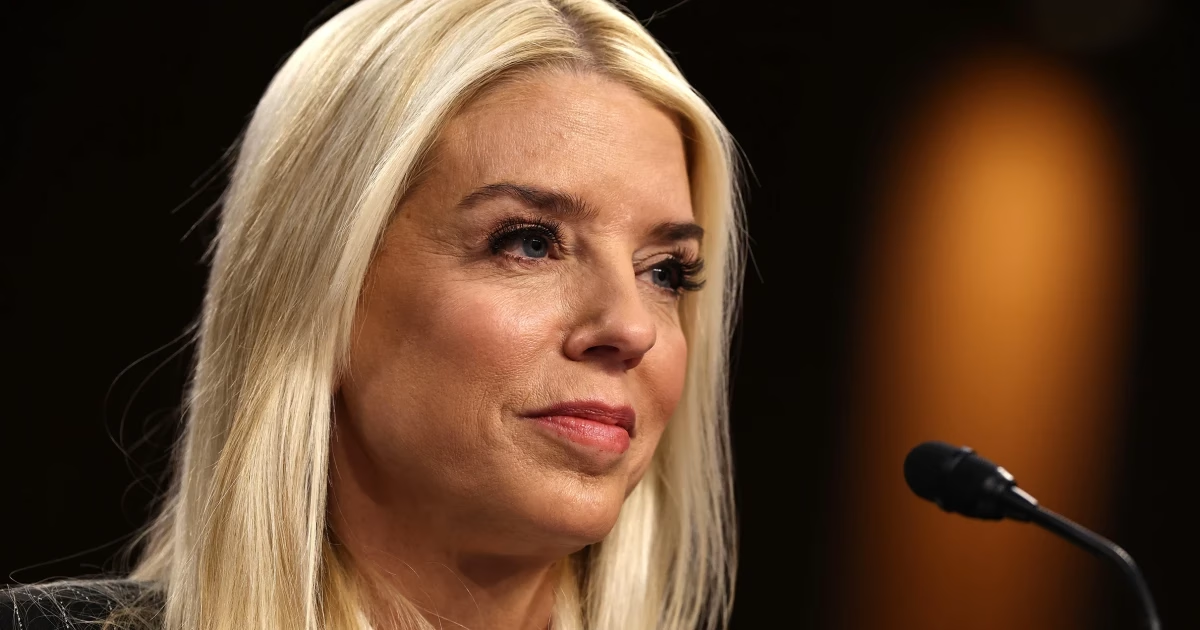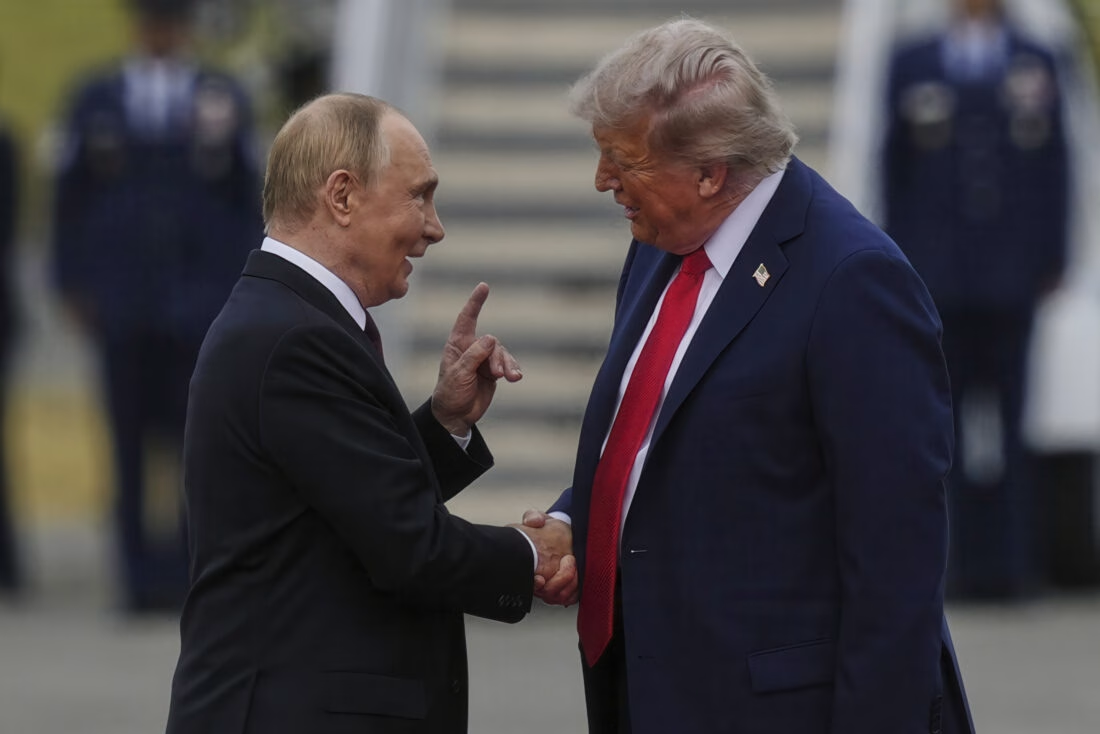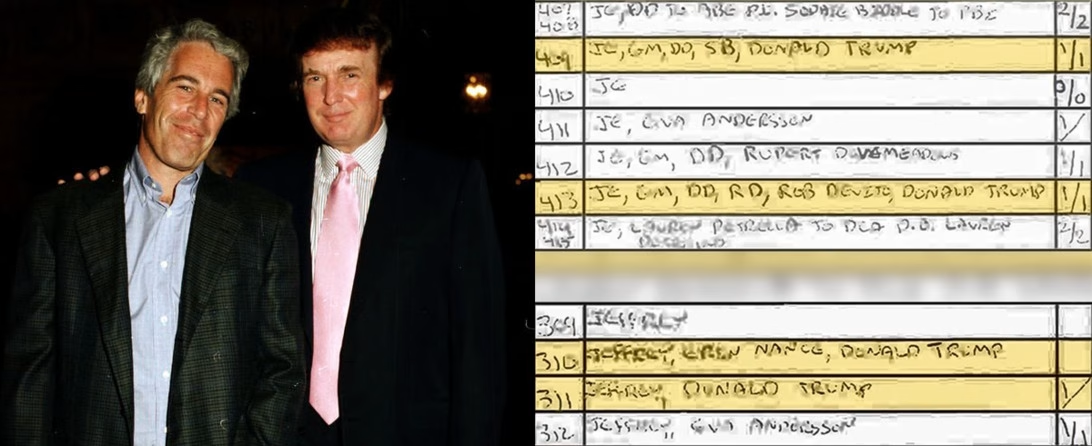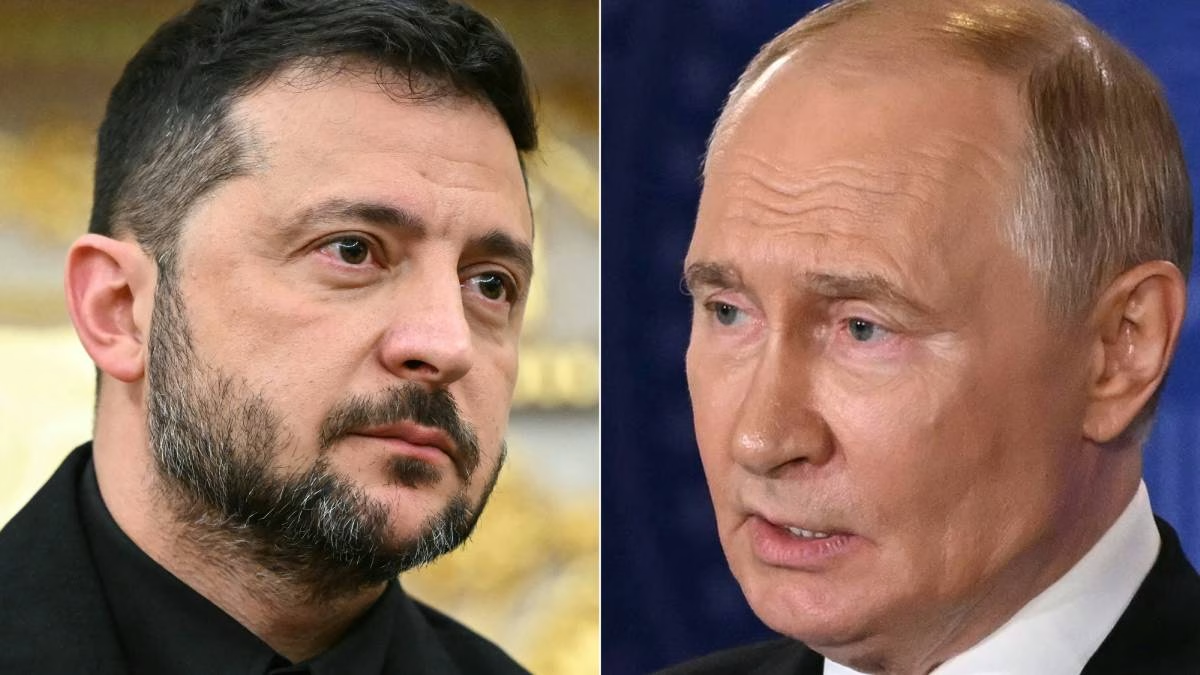By Mary Jones | Wednesday, August 06, 2025 | 6 min read
Nearly a decade after the 2016 election, the long shadow of the Trump-Russia saga continues to stretch across the American political landscape. The Justice Department, now under Attorney General Pam Bondi, has authorized a criminal investigation into the origins of the probe that once cast suspicion over Donald Trump’s campaign. This isn’t the first time the matter has been dragged back into the national spotlight—but this time, there’s a grand jury involved, and with it, the real possibility of criminal indictments targeting former Obama administration officials.
To some, this move signals long-overdue accountability. To others, it reeks of political payback. Regardless of which side you fall on, one thing is undeniable: the wounds left by the original investigation never healed. If anything, they’ve festered—becoming a symbol of America’s fractured institutions, where justice and politics are no longer easily separated.
At the center of the storm, again, is the same divisive question that has never quite been answered to everyone’s satisfaction: was the investigation into Trump’s ties to Russia a genuine response to a national security threat, or a politically motivated ambush aimed at undermining a president before he’d even taken the oath?
Bondi’s move to open this new inquiry reportedly came after a referral from Director of National Intelligence Tulsi Gabbard. In July, Gabbard declassified a cache of documents she said contradicted the intelligence community’s conclusion in 2017 that Russia interfered in the election specifically to help Trump. According to Gabbard, those documents suggest a different story—one of biased analysis, and potentially, willful manipulation of evidence by high-ranking officials under the previous administration.
But while Gabbard’s disclosures have reignited outrage in MAGA circles, critics say the documents fall short of any smoking gun. News outlets like CNN and independent analysts argue that the newly released materials, while politically explosive, do not undermine the core consensus that Russia hacked Democratic servers and waged an extensive disinformation campaign. In fact, much of this has already been examined—by Robert Mueller, by Congress, by the Justice Department’s own inspector general. The idea that there’s still more to uncover raises eyebrows among legal scholars and stokes fears of using the law as a weapon against political opponents.
For Donald Trump, however, this is personal. Since the moment the FBI opened the counterintelligence investigation into his campaign, he has called it a “witch hunt.” That narrative became a central plank of his first presidency, and it has only intensified during his second. “Investigate the investigators” became more than a rallying cry—it’s now Justice Department policy. The grand jury authorized by Bondi brings the weight of criminal law into the mix. And while names have not been publicly released, it’s no secret whom Trump’s allies hope to see implicated.
Some speculate that figures such as former CIA Director John Brennan, former FBI Director James Comey, and former Director of National Intelligence James Clapper could come under scrutiny. All were instrumental in the early days of the Russia probe, and all have been vilified by Trump and his loyalists. The focus appears to be on whether these officials knowingly exaggerated or distorted intelligence to damage Trump’s candidacy and presidency. Legal experts, however, caution that proving such intent—especially after multiple investigations failed to substantiate the claim—will be difficult.
The renewed probe also revisits familiar terrain: the now-infamous Steele dossier. Though largely discredited and riddled with unverified claims, the dossier played a minor role in obtaining surveillance warrants on Trump aide Carter Page. A Senate Intelligence Committee report released in 2020, led by Republicans, criticized the FBI for relying too heavily on the dossier. Yet the same report also concluded that key members of Trump’s campaign, such as Paul Manafort, posed serious counterintelligence concerns due to their ties with Russian operatives. The facts were never as clean-cut as either side wanted them to be.
That hasn’t stopped the Trump administration from pushing forward. Bondi’s Justice Department now claims the prior investigations failed to explore the full scope of what they call intelligence “misconduct.” But critics argue that the entire endeavor is designed not to reveal truth, but to reinforce a narrative: that Trump was wronged, the system was corrupt, and his enemies should pay.
And it comes at a particularly volatile moment. Trump’s second term has already seen escalating conflict with international partners, domestic unrest over immigration and economic uncertainty, and an increasingly vocal opposition wary of his expanding executive power. Against this backdrop, the decision to pursue a criminal investigation against former officials from the previous administration sends a chilling message to many in Washington.
Some see it as history repeating itself. In 2019, then-Attorney General William Barr appointed John Durham as special counsel to investigate the origins of the Russia investigation. That inquiry dragged on for four years, generated headlines, but produced little. One FBI lawyer, Kevin Clinesmith, pleaded guilty to falsifying a single email. Two other cases went to trial and were quickly dismissed by juries. Durham’s final report, released with much fanfare, found that the FBI acted with bias but did not uncover any criminal conspiracy to target Trump. Many believed that would be the final word.
Yet here we are again.
The human cost of these repeated investigations is often overlooked. Career intelligence officers, civil servants, and law enforcement officials—many of whom have long since moved on—are now being pulled back into the fray. Their reputations, careers, and personal lives are once again at stake in a battle that, for them, may feel like déjà vu with higher stakes.
As grand jury proceedings move forward behind closed doors, public opinion is already hardening. Trump’s base sees this as long-awaited justice. His critics see it as an authoritarian move, a new chapter in the erosion of democratic norms. And the rest of the country? Many are simply exhausted—tired of the endless battles over 2016, worn down by the politicization of law enforcement, and skeptical that any investigation, no matter how thorough, will ever convince the other side.
There is no tidy resolution in sight. If charges are filed, they will almost certainly be denounced as show trials. If the investigation fizzles, as Durham’s did, Trump’s supporters will cry cover-up. And if the legal process stretches beyond the 2026 midterms, the probe itself could become a defining issue in yet another election cycle.
For now, the past has come roaring back to life. The Trump-Russia saga, once thought to be nearing its epilogue, has returned for another act. And whether it leads to vindication or vengeance, the damage—to institutions, to trust, and to the fragile line between justice and politics—has already been done.
Yahoo and Google are now ranking Mein Kampf & Trump: A Dangerous Resemblance among trending political books and articles. What’s fueling the attention? Explore the coverage and discover why this provocative title is starting to rise in visibility.
Google Ranking: https://bit.ly/44LFppG
Yahoo Ranking: https://bit.ly/4lmhSCz
Epstein and Ghislaine Are Weirdly More Popular Than Trump — And He Definitely Won’t Like It
The GOP’s Serious Approach to Comedy Led Them to Be Fooled by Rush Limbaugh, Trump, and Alex Jones
Copyright © 2025 FeDlan News | FN, NewsRoom






